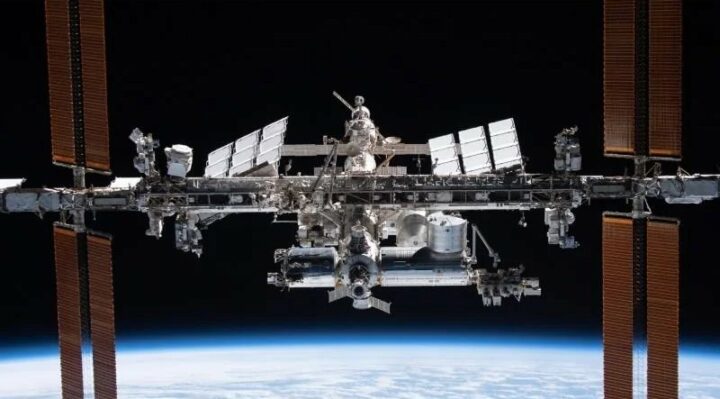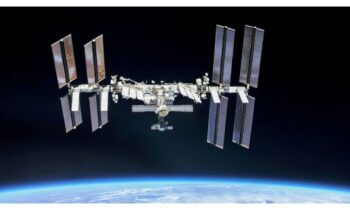
Two European businesses and the European Space Agency have inked contracts to retrieve cargo from the International Space Station (ISS)—ideally before what’s left of it deorbits into the ocean.
Six months after the competition’s introduction in November 2023, The Exploration Company in Germany and Thales Alenia Space in Italy submitted two winning concepts to ESA. Each received €25 million to help with the freight service’s development.
The timing is critical. The Automated Transfer Vehicle (ATV) was the last cargo freighter that Aérospatiale developed, and it took ten years for the first of five vehicles to be launched, despite a 1998 contract from ESA. Nevertheless, the ATV was disposable and burned up upon re-entry. It will be possible to return cargo back to Earth with the new vehicle.
One of the main participants in European space initiatives is Thales Alenia Space. The company has almost 40 years of experience and has contributed to the creation of the Lunar Gateway, the ISS, and the Orion service module.
The Italian company stated that it intends to proceed in two stages. Pressurized cargo will be transported to the International Space Station (ISS) and safely returned to Earth by the end of 2028, marking the culmination of two phases, the first of which will last from June 2024 to June 2026.
Founded in 2021, The Exploration Company is a German-French company. It has been working on the Nyx spacecraft, which can transport 2,000 kg from the Lunar Gateway or 3,000 kg from space stations to Earth.
Rather of depending on foreign partners to move freight to and from space platforms, ESA aims to become more independent. Currently, only the US and Russia are able to bring cargo down to Earth from the ISS, and only SpaceX is able to do so in any appreciable amount.
The initiative bears similarities to NASA’s contracts for Commercial Orbital Transportation Services, which produced the successful SpaceX Dragon flights. When the money ran out, we’d pull a veil over the sad end of Rocketplane Kistler.
ESA Director of Human and Robotic Exploration Daniel Neuenschwander stated, “The LEO Cargo Return Service project exemplifies ESA’s commitment to ensuring Europe’s prominent role in space exploration. It prepares us for the post-ISS era, strengthening European industry’s competitiveness in low Earth orbit operations, as well as being a test case for the ESA transformation and working differently,”



